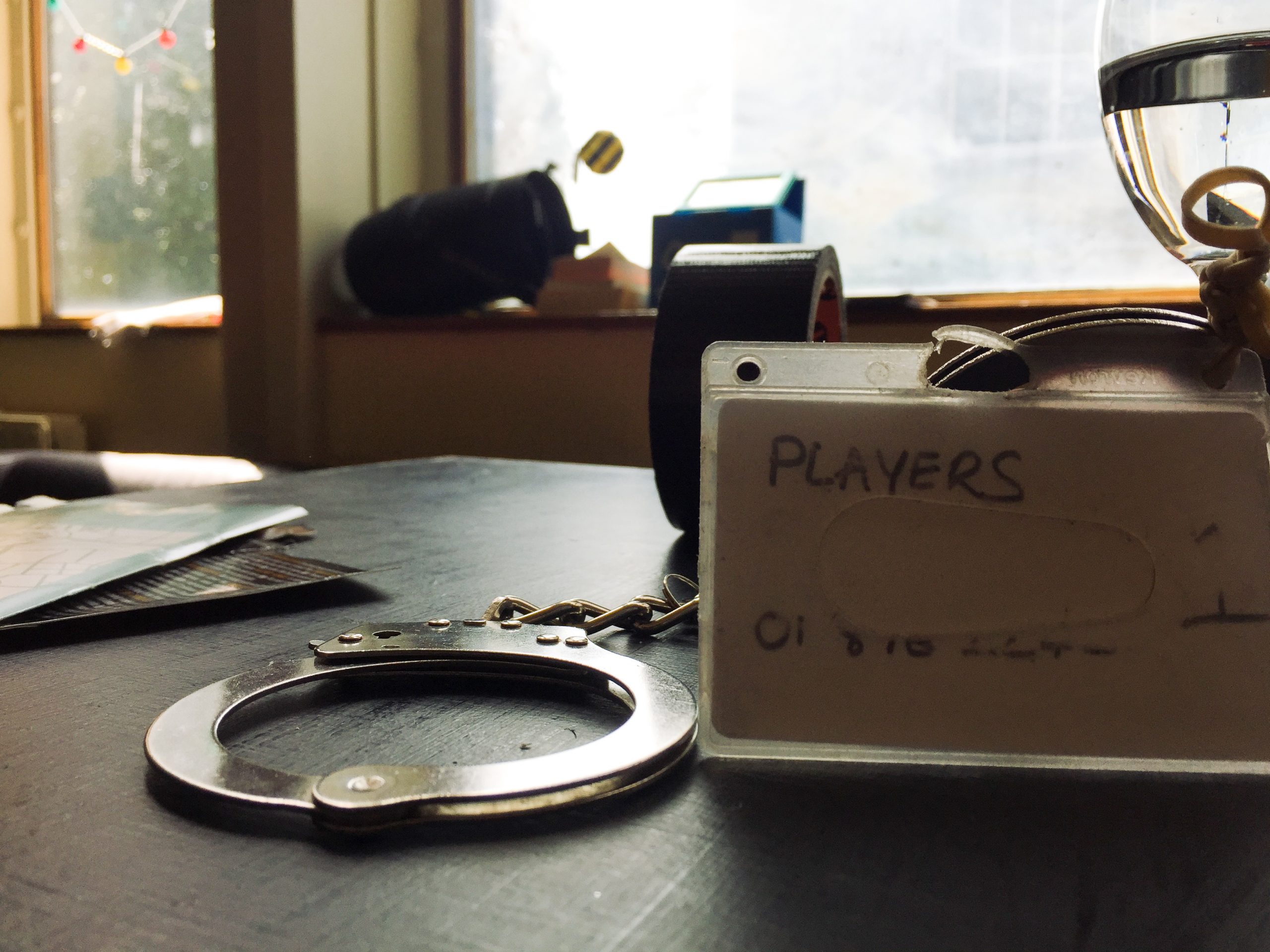Trinity has seen no shortage of talent in the realm of playwrights. Historically a cradle of creativity, the college consistently witnesses fresh theatrical material. For the creatively inclined, the possibilities are infinite. But where to start? Here is some advice from a few of DU Players’ seasoned script writers that may offer a road map to those looking to dip their toes into inventing a new world on stage.
Emer Tyrell, a pillar of the Players Introductory Programme (PIPS), recommended reading as many scripts as you can and catching as much live theatre as possible — which is often available to students at reduced prices. Most importantly, a hopeful playwright must dare to write. Tyrell encourages new writers to get as much down as they can and not to get discouraged. “Try to let go of the fear of being bad at it or the pursuit of perfection and just try to find out what interests you and what you like,” she stressed.
Inspiration can come in bits and pieces, and Players’ Publicity and Communications Officer, Saul Sherrard, offered some advice on how to break down the daunting task of drafting an entire play. “Something that helps when struggling for a concept, is taking the one specific picture you have in your head of the show, and writing a scene with simply that, not the entire thing at once. Then, try to pick another moment and do the same with more characters. Keep doing this and eventually, some form of plot or the other will begin to develop.”
“The more exposure to the structure and design of other works a fledgling playwright can get, the better they can incorporate these observations into their own work.”
The first lesson in writing is reading, according to Players’ Front of House Manager and avid script writer Daire Kelly. The more exposure to the structure and design of other works a fledgling playwright can get, the better they can incorporate these observations into their own work. Kelly advised beginning writers to “read. Watch plays. You need to just read a lot of plays. That’s the best way to see what playwriting is like and especially what it’s like currently.”
Looking for a creative starting point? Kelly identifies dialogue as an element accessible to everyone, saying: “It’s all around us.” However, while dialogue might be a great source of creative motivation, it should not be relied upon exclusively. Kelly recommended a simple litmus test for evaluating dialogue: “An easy thing to keep in your mind with more traditional playwriting is this question: Why am I making this character say that? If you find that there is no reason, scrap it. No point wasting time on words that don’t add anything to the story or the overall play.” To rid your script of any awkward phrasing and sentences you’re unsure about, he suggested reading your material out loud to test how natural it will be for an actor to say and audience to hear. There’s no need to overthink the process, and it can be as easy as opening up your notes app and jotting down “an interesting conversation you overheard,” said Kelly. “People watching will also generate loads of ideas.”
Between the smallest of details and the largest of themes, a script writer must be aware of everything they put on paper. Kelly emphasized the importance of legibility in composition: “Make the formatting nice and clear, especially if you want it performed … Think about accessibility in your font choice, colour choice and text size.” After a script has taken shape, it can be reworked and crafted onto the stage. Kelly noted the contributions of the whole creative team, describing the improvements the actors and crew can offer a script. But the process isn’t entirely complete just yet. “The feeling of getting your writing performed is a very unique one, and I would recommend for every playwright to try and get their work on stage at least once,” shared Kelly.
“When even the smallest idea strikes, hesitation is unnecessary.”
Another member of this guild of dedicated writers, Fionnuala Maher, shed some light on the fickle nature of inspiration and how best to seize those fleeting moments of creative vision: “If you’ve even a half idea for a play, put pen to paper immediately! I’ve honestly no set way to start working on a play … I feel it’s important to get it written down somewhere as soon as possible! Whether it ever develops into an actual script is completely irrelevant; a start is a start.” When even the smallest idea strikes, hesitation is unnecessary.
In a script, the characters are paramount. Maher highlighted a key tension between a work’s purpose and its apparatuses to execute it, advising writers to “centre your writing around a character who is facing the issue. Don’t just use them as tools to propel the story and deliver your message.” In order for the audience to buy into the conceit of a work, they need to be invested in its subjects.
Luckily, for those aspiring playwrights following in the footsteps of Trinity alumni such as Beckett or Wilde, there are always opportunities to see your script put to stage in the DU Players sphere. So, if this playwright is you, exit, pursued by a bear and start your journey in script writing.






